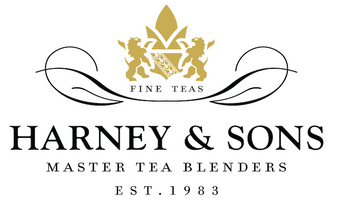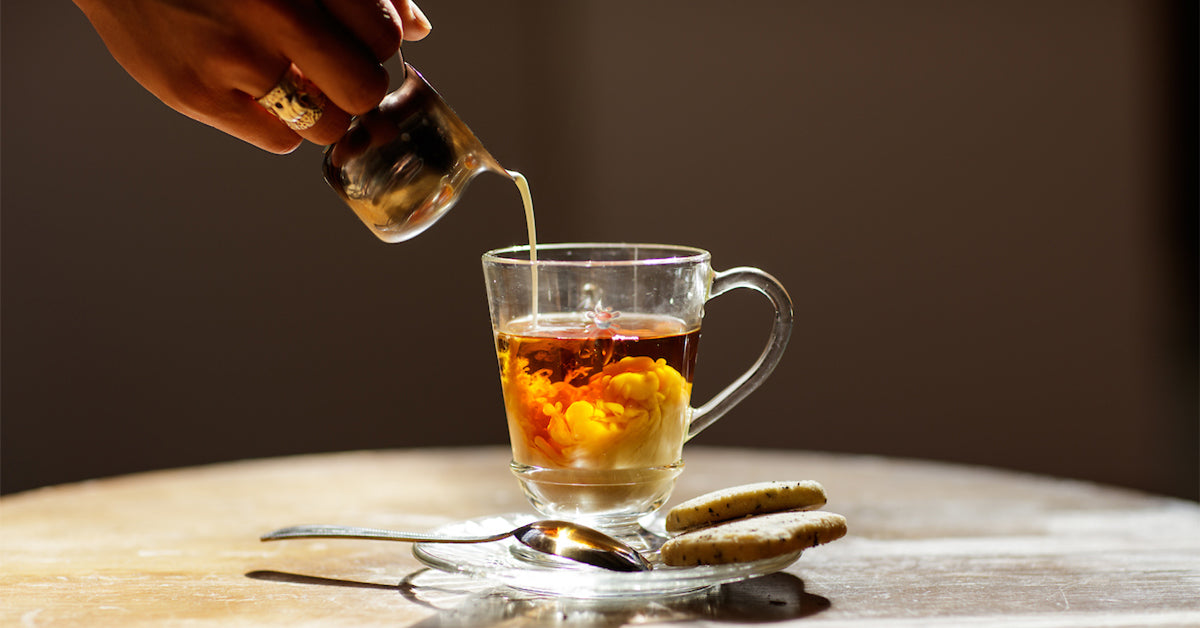You may love your Harney teas for how they taste and help create special moments in your day, and we are certainly over-the-moon pleased to hear that from our customers. But in addition to bringing you the most amazing teas on the market by searching the world for the finest tea leaves and creating unique, delicious blends, Harney & Sons is committed to doing business with companies who engage in ethical tea trade practices. It’s important to us as a company and as a family-owned business to know that the tea we bring to market has been grown, processed, and sold under ethical trade regulations.
Two terms that you’ll see regularly in the food industry are “certified organic” or “organic” and “fair trade.” We’d like to take a high-level look at these terms and what they mean for you as a consumer.

Organically Grown Tea
When a product carries the word “organic,” it means that the product has met certain production standards. However, “certified organic” and “organic” carry two different meanings.
Certified Organic. When a tea displays a label of “certified organic,” it means that the product has met the requirements of a regulatory agency and its guidelines for organic food production. This means the tea would have been inspected by the regulatory agency, which in the U.S. is the U.S. Department of Agriculture (USDA) National Organic Program (NOP). The USDA program is one of five of the largest and most reputable major regulatory organizations in the world, with the other four being Regulation No. 2092/91 of the European Union; the Japanese Agriculture Standard; the Soil Association of England; and Demeter-International e.V. of Germany. When a reputable agency like one of these is hired to inspect tea estates, gardens and production facilities and give their stamp of approval, then that tea can carry the label “Certified Organic.”
Organic. Tea does not have to be inspected by a regulatory agency to be classified as organic, but it does have to adhere to traditional, time-honored organic farming practices. When tea is grown according to strict organic principles that have not changed for years by tea growers who are committed to organic agricultural practices, those practices both benefit the land and result in a superior product for the consumer. In many cases, these growing practices are centuries old. This is one reason why it’s important to us at Harney that we develop personal relationships with the growers we source our teas from. We visit their estates, walk their fields, and see firsthand how they produce their teas. We’ve seen organic production that isn’t government- or agency-certified, but rather is organic because it’s the sustainable way they’ve been growing tea for hundreds of years.
Whether you see a USDA Organic label on our teas or not, if we call it “organic” you can rest assured it has been organically grown and processed. And it will taste delicious.

Fair Trade
“Fair trade” is another buzzword that has become important to consumers in the past few decades, and is one that consumers are often leery of, and rightly so as some unethical bad actors may call products “fair trade” in order to charge more for them. There are strict standards in place for what can be ethically labeled as “fair trade,” more so with food products than with other merchandise. As with certified-organic agencies, regulatory organizations with pages and pages of requirements are the watchdogs of what companies and products can be categorized as fair trade.

We’re proud to offer our customers many fair trade certified teas, and we invite you to read our Fair Trade blog to learn more about what fair trade is and why it’s important. One agency we did not mention in that piece is the Ethical Tea Partnership, an alliance working around the world to create “fairer, better, more sustainable tea industry for workers, farmers and the environment.” Through their programs and partnerships, they work to achieve the same goals as organizations like Fair Trade USA®, which include:
- Improving the lives of people living and working in tea communities, which on large tea estates can be thousands of men, women, and children living in what is essentially a community complete with schools, libraries, healthcare facilities, and more.
- Creating opportunities for tea workers and farmers to earn better incomes and benefits.
- Empowering women by encouraging and helping girls and young women to get an education, while also providing the tools and education to reduce the risk of violence, abuse, and exploitation.
- Being good stewards of the environment by helping the tea sector reduce its carbon footprint and improve environmental sustainability and climate change resilience.
We’re proud to be an active partner in an industry that cares about how tea is grown and how the people who grow it are treated. The next time you drink a cup of Harney organic tea or one with a Fair Trade label, know that you are drinking some of the most ethically sourced organic and fair trade tea available. The fact that it tastes wonderful is just icing on the tea cake.





1 comment
Bill
Thanks, it is important !
Thanks, it is important !